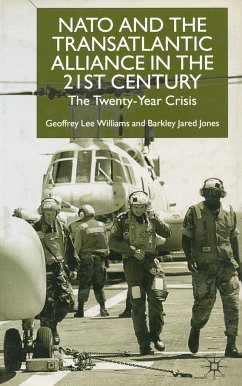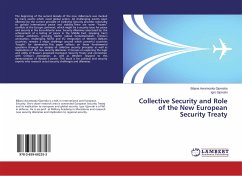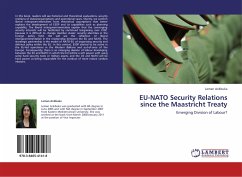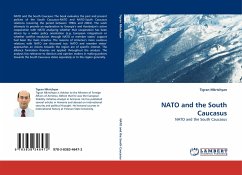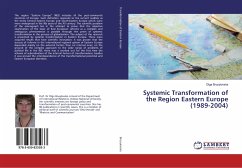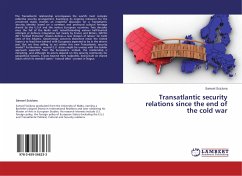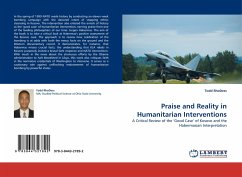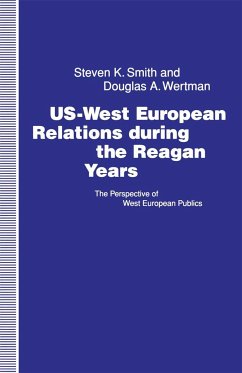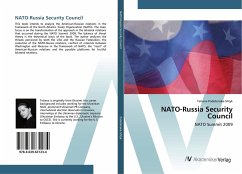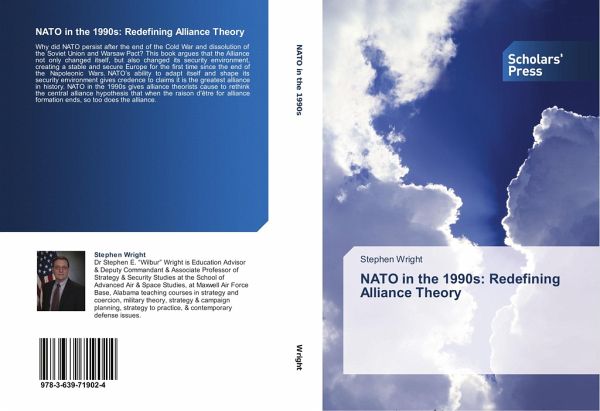
NATO in the 1990s: Redefining Alliance Theory
Versandkostenfrei!
Versandfertig in 6-10 Tagen
75,99 €
inkl. MwSt.

PAYBACK Punkte
38 °P sammeln!
Why did NATO persist after the end of the Cold War and dissolution of the Soviet Union and Warsaw Pact? This book argues that the Alliance not only changed itself, but also changed its security environment, creating a stable and secure Europe for the first time since the end of the Napoleonic Wars. NATO s ability to adapt itself and shape its security environment gives credence to claims it is the greatest alliance in history. NATO in the 1990s gives alliance theorists cause to rethink the central alliance hypothesis that when the raison d'être for alliance formation ends, so too does the all...
Why did NATO persist after the end of the Cold War and dissolution of the Soviet Union and Warsaw Pact? This book argues that the Alliance not only changed itself, but also changed its security environment, creating a stable and secure Europe for the first time since the end of the Napoleonic Wars. NATO s ability to adapt itself and shape its security environment gives credence to claims it is the greatest alliance in history. NATO in the 1990s gives alliance theorists cause to rethink the central alliance hypothesis that when the raison d'être for alliance formation ends, so too does the alliance.



